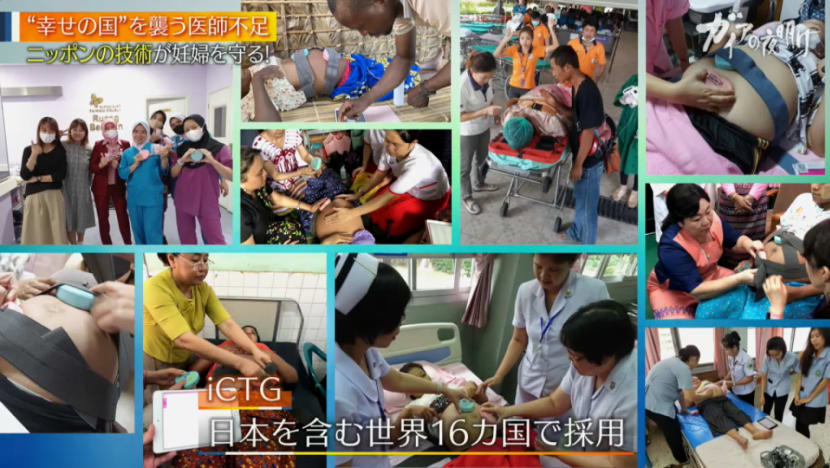Gaia Series 25: Save Lives With Japanese Technology
This week, we focus on Japanese firms Hap Co. Ltd. and Melody International, whose innovative healthcare technology products have targeted critical health issues in places like Bangladesh and Bhutan.


This audio is generated by an AI tool.
This week, we shine the spotlight on two Japanese companies which have used technology to address critical health issues in Japan and abroad. The first is Hap Co. Ltd, a Tokyo-based clothing start-up founded in 2006 which created Coveross. It is a processing technology applied to garments. Coveross utilises existing fabrics to incorporate multiple features, with a focus on comfort and functionality.
The company’s president, Moto Suzuki, decided to venture into Bangladesh, known as the “clothes factory of the world”. Several clothing brands have their manufacturing bases in this country. Hap started manufacturing in Bangladesh about six years ago. Dengue fever is a pressing issue in the country, so Mr Suzuki wanted to develop mosquito-repellent clothing using Coveross technology to protect individuals in high-risk impoverished areas.
Mr Suzuki made a trip to Bangladesh in July last year and visited a hospital in the capital Dhaka. In that month alone, the hospital saw 43,000 patients with dengue fever. There were 204 fatalities, a 20-fold increase compared to the same period in 2022. Mr Suzuki also visited Dhaka University's Faculty of Biological Sciences. There, he conducted experiments on various types of fabrics processed with different chemicals and insect-repellent properties to determine the most effective chemical formulations that will repel the local mosquitoes. He returned to Tokyo to continue working on various chemicals. Several weeks later, he went to a factory in Hanyu City, Saitama. He worked on a prototype for clothing that protects against mosquito bites, using new insecticides and chemicals to repel insects. He visited Bangladesh in August again and this time, he got some local testers to try out the Coveross material with insect-repelling properties for a month. The tests were successful and Mr Suzuki plans to launch the insect-repellent shirts in Bangladesh sometime in 2024.
We next move on to Melody International, a start-up in Takamatsu City, Kagawa which was founded in 2015 by its president, Yuko Ogata. She has been involved in remote medicine from the start and invented digital patient records for maternity hospitals in Kagawa.
The company is revolutionising maternity care with its innovative childbirth monitoring iCTG system. Doctors can check on how the baby is doing in the womb in real time. This iCTG equipment is already in use in 135 hospitals across the country. Ogata's iCTG system has gained international recognition and is currently in use in 16 countries, including Japan and Thailand. In 2020, Ms Ogata donated iCTG units to Bhutan, where there is a major shortage of doctors, especially obstetrician-gynaecologists. There are about 300 doctors in the country and only 15 obstetrician-gynaecologists, with eight of them working at the national hospital in the capital Thimphu. The iCTG system has proven to be instrumental in providing prenatal care in Bhutan, even in remote areas with limited access to medical professionals.
In August 2023, Ms Ogata visited Punakha City in Bhutan. The iCTG system was introduced to Punakha Hospital two years ago and the facility uses it for about 10 different births each month. Ms Ogata aims to link up the small clinics with core hospitals in cities where obstetricians-gynaecologists work.
Tips:
1) Check out Hap Co. Ltd.’s insect-repellent fabric using Coveross technology
2) Melody International’s iCTG fetal monitor benefits both the mother and the baby












